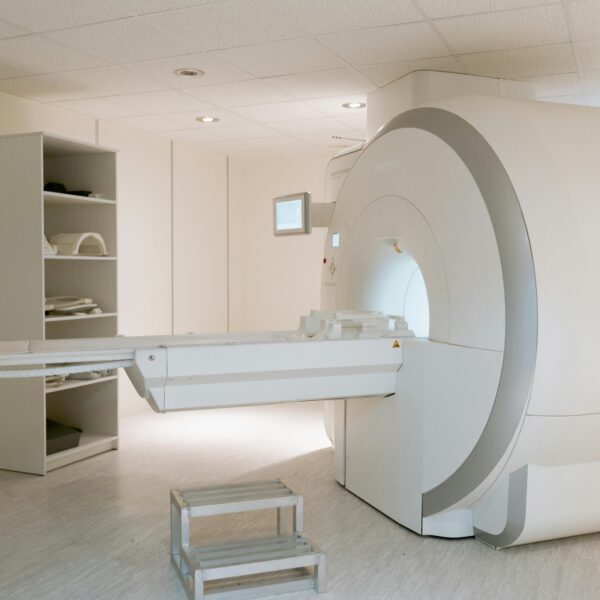Whether you are looking to relocate or for a new healthcare job in your area, it makes sense to know what is in need. While there are healthcare opportunities all across the states, the truth is that not every state has the same demand. Before starting your search for a new job in 2024, read below to learn more about the 5 states with the highest needs and what type of care they are looking for.
The Top 5 States with the Highest Demand for Healthcare Professionals
- California: The Golden State’s booming population and diverse healthcare needs lead to a demand for all types of healthcare professionals. New opportunities are constantly opening here and healthcare worker benefits are on the rise, meaning that the job market is competitive and fast moving, so be ready when you apply to hear back soon!
- Texas: Meeting the demands of a rapidly growing population and expanding healthcare infrastructure puts a lot of weight on the healthcare community. Experienced healthcare management, leadership, and elderly care professionals are often in high need here.
- New York: The bustling city life and renowned medical institutions drive a high demand. Facilities face high turnover rates that add undue stress to practitioners, but many healthcare professionals find their stride in the state that never sleeps. The needs here are relatively evenly spread throughout the board. So long as you have the drive and desire to be in a fast-paced state, there will be opportunities for you.
- Florida: Catering to a large retiree population is enough of a reason for a state to be in high demand, but the addition of it being a popular tourist destination is what bumps it to this level of need. Elderly care, respiratory care, and emergency care are often in high need in Florida, especially when COVID or other similar afflictions flare up, as they target elderly populations.
- Pennsylvania: Balancing urban centers with rural communities in need of quality care is a hard line to talk, but Pennsylvania does it all. Despite the beautiful locations, low cost of living, and competitive opportunities, rural facilities often get overlooked for big names, meaning that they usually are in need for longer.
The Challenges Faced by Healthcare Professionals in High-Demand States
High burnout rates among professionals and a fiercely competitive job market have placed significant strain on healthcare communities and have raised concerns about the quality of patient care. A high-need for medical professionals might attract some and scare off others. Before deciding what camp you are in, keep reading to learn about why these states are considered high-demand.
One of the key factors contributing to these challenges is the scarcity of qualified healthcare professionals. As demand for healthcare services continues to grow, there simply aren’t enough skilled individuals to meet these needs. This shortage is particularly evident in specialized fields such as nursing, where the demand often surpasses the available supply.
Furthermore, burnout rates among healthcare professionals have reached alarming levels. The demanding nature of their work, long hours, high stress levels, and emotional toll can all contribute to this phenomenon. Burnout not only affects the well-being and mental health of healthcare providers but also impacts patient outcomes and overall quality of care.
The competitive job market exacerbates these issues further. With a limited pool of qualified candidates and an increasing number of positions to fill, organizations are faced with intense competition when trying to attract and retain top talent. This has led to increased pressure on both employers and employees alike.
To address these challenges effectively, healthcare organizations must adopt strategies that focus on recruitment and retention efforts. Offering competitive salaries and benefits packages can help attract talented professionals while creating supportive work environments with opportunities for growth and development can help retain them. Leveraging technology solutions such as AI-powered scheduling systems or telemedicine platforms can alleviate some workload pressures on healthcare professionals. By streamlining administrative tasks or enabling remote consultations, these tools can help create a more efficient workflow while preserving valuable time for patient care.
With all this in mind, it is important to know that, by implementing targeted strategies that address recruitment needs while prioritizing employee well-being and leveraging technology solutions where appropriate, it is possible to mitigate some of these issues and ensure the delivery of high-quality patient care. If you are looking to be part of the solution for a facility in need anywhere in the US, connect with us by applying directly to open opportunities here. If you are looking for something a little different, send us an updated resume here and learn more about what kind of positions are available for you today!











